MONEY
Serious KYC non-compliance, likely money laundering led to RBI’s ban on Paytm
- IBJ Bureau
- Feb 04, 2024
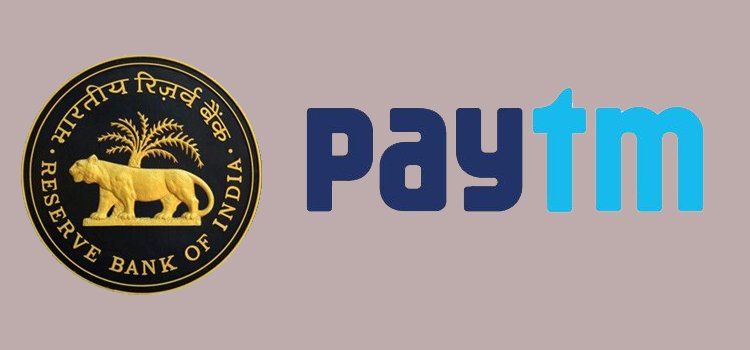
Money laundering concerns and questionable dealings of hundreds of crores of rupees between popular wallet Paytm and its lesser-known banking arm had led Reserve Bank of India (RBI) to clamp down on tech poster boy Vijay Shekhar Sharma-run entities, sources said.
The central bank has ordered Paytm Payments Bank (PPBL) to halt most of its business, including taking further deposits, conducting credit transactions and carrying out top-ups on any customer accounts, prepaid instruments, wallets and cards for paying road tolls after February 29.
This means customers can access their existing deposits and pay for services with money stored in their wallets till February 29. And in case, the RBI does not relent, top-up for PPBL wallet will stop and transactions through it would no longer be carried.
In a major action against PPBL, the RBI earlier this week directed the lender to stop accepting deposits or top-ups in customer accounts, wallets, FASTags and other instruments after February 29.
PPBL, sources said, had lakhs of non-KYC (Know Your Customer) compliant accounts and in thousands of cases, single PANs were used for opening multiple accounts.
There were instances where the total value of transactions – running into crores of rupees, much beyond regulatory limits in minimum KYC pre-paid instruments – raised money laundering concerns, sources said.
According to an analyst, PPBL has about 35 crore e-wallets. Of this, about 31 crore are dormant, while only about 4 crore would be operative with either no balance or a small balance.
An unusually-high number of dormant accounts are prone to have been used as mule accounts.
So, there were major irregularities in KYC, which exposed the customers, depositors and wallet holders to serious risk.
Sources said the RBI in 2021 had detected serious KYC and Anti-Money Laundering Act violations, and the bank was directed to address these deficiencies. However, they continued to persist.
The compliances submitted by the bank were found to be incomplete and false on many occasions, sources said.


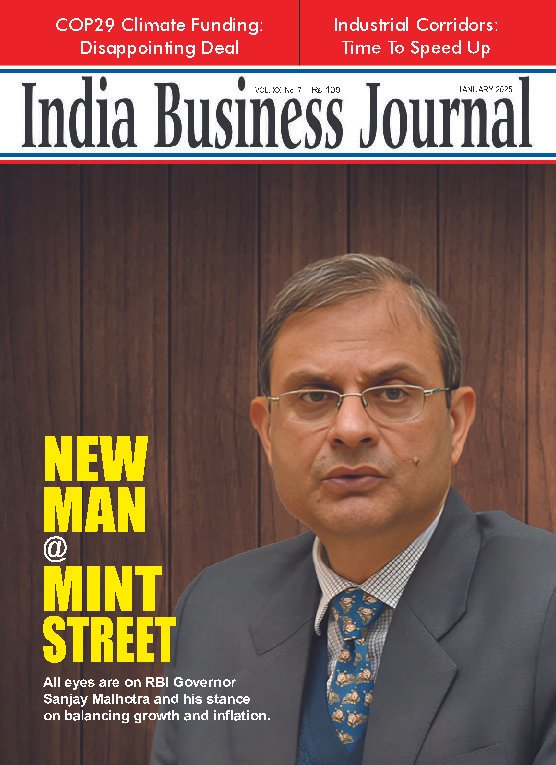


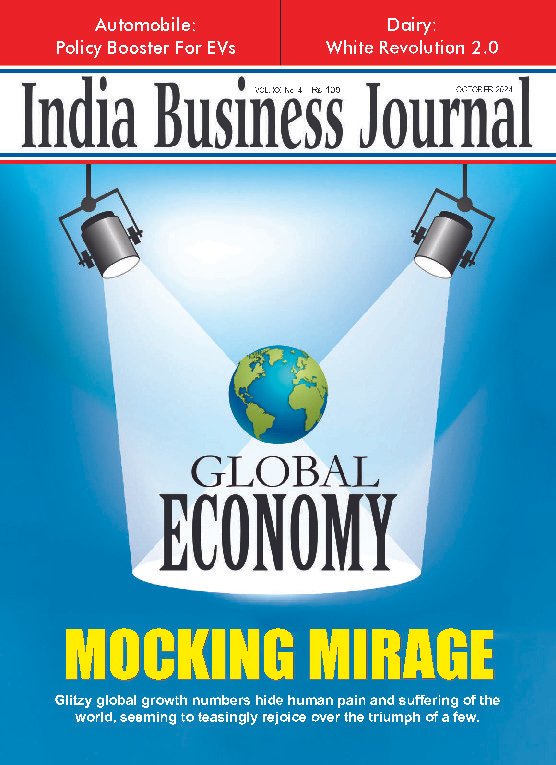










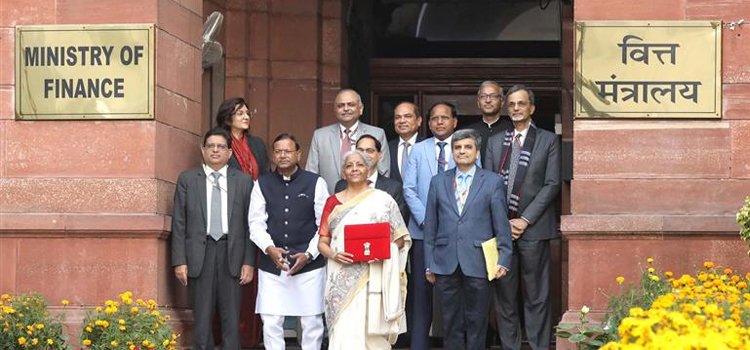
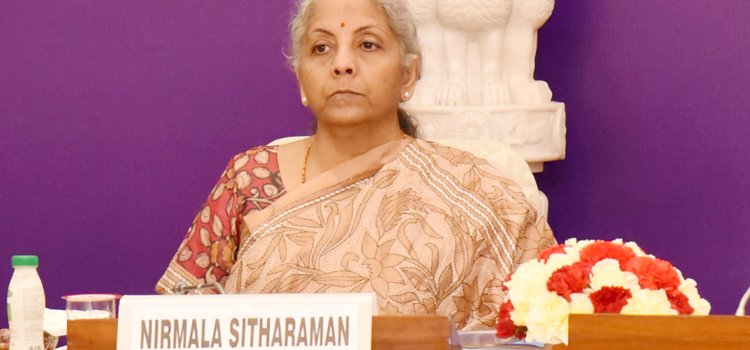






Report By
View Reporter News